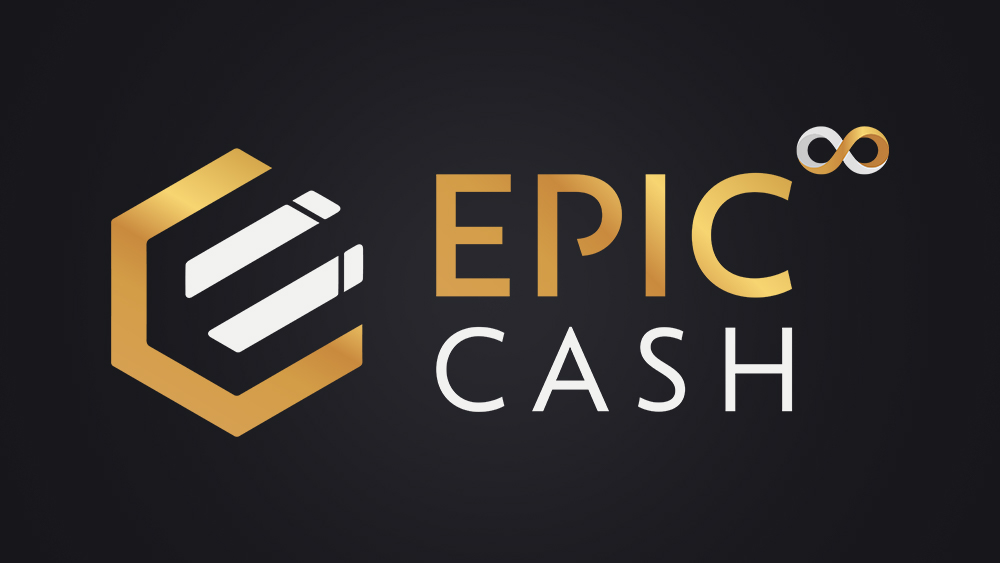Binance is delisting privacy tokens in France, Spain, Poland and Italy
06/04/2023 / By Cassie B.

Cryptocurrency is poised to become a lot less private in several European countries as a top crypto exchange is planning to delist “privacy tokens”.
Starting June 26, Binance users in Spain, France, Poland and Italy will no longer be permitted to buy and sell enhanced anonymity crypto assets (CAE). The platform identified 12 coins that will be affected: Dash, Firo, XMR, Monero, Beam, Horizen, ZEC, Decred, Verge, Secret, MobileCoin, and PIVX.
These tokens are designed to hide information about their transactions to give users a greater level of privacy. Although cryptocurrencies are generally considered pseudonymous, they run on blockchains and every transaction is posted online, which means there is a certain degree of trackability.
Privacy coins do not operate that way, making use of technologies such as zero-knowledge proofs to make details about the transactions as well as the senders and recipients more difficult to identify. This can give people the type of privacy that is generally only seen with in-person cash transactions.
A Binance representative explained: “While we aim to support as many quality projects as possible, we are required to follow local laws and regulations regarding the trading of privacy coins, to ensure we can continue to serve as many users as we can.”
The company has already started informing customers of the move via email, citing local regulatory requirements as the reason for the move.
Governmental regulators throughout the world have long opposed these types of cryptocurrencies, citing concerns such as combating tax evasion, money laundering and terrorism financing. The crypto exchange Huobi ended support for Monero and six other enhanced anonymity crypto assets last fall due to pressure from regulators.
Some privacy coins delisted by Binance insist they have been misclassified
Three of the affected privacy coins – Zcash, Dash and Secret – have already denounced Binance for delisting them. A representative from Dash maintained that it is a “literal fork of Bitcoin” rather than a privacy coin and added that all transactions are fully transparent and can be audited on its blockchain. It said it plans to work with Binance to educate its team on how it works and try to be relisted.
Electric Coin Co., the company behind the development of Zcash, said on Twitter that the delisting decision by Binance “poses a direct and imminent threat to the privacy and security of individuals, families, businesses, communities, and entire nations.”
They said that they believed the delisting was due to pressure from the EU and the Markets in Crypto Assets (MiCA) regulation. However, they claim that the wording of MiCA is vague.
They added: “To our knowledge, Zcash complies with all other laws and regulations in the EU — including the so-called Travel Rule and the Fifth Anti-Money Laundering Directive.”
Likewise, the company behind Secret, SCRT Labs, insists that its coin does not meet the definition of a privacy coin. CEO Guy Zyskind said that the network’s transactions are public. Their team has already reached out to Binance in hopes of clarifying how their token works and why they believe it should not be labeled a privacy coin.
The delistings aren’t the only move Binance has made in response to cryptocurrency regulatory pressure. The platform is also reportedly planning to lay off 20 percent of its workforce this month despite claiming earlier in the year that no one would be laid off.
On Twitter, Chief Strategy Officer Patrick Hillmann implied that the company’s pending reorganization was related to growing regulatory pressure.
Sources include:
Submit a correction >>
Tagged Under:
Binance, bitcoin, CAE, cryptocurrency, DASH, delisting, EU, finance, Governmental regulators, MiCA, money, Orwellian, privacy, privacy coins, risk, zcash
This article may contain statements that reflect the opinion of the author
RECENT NEWS & ARTICLES
COPYRIGHT © 2017 PRIVACY WATCH NEWS




















